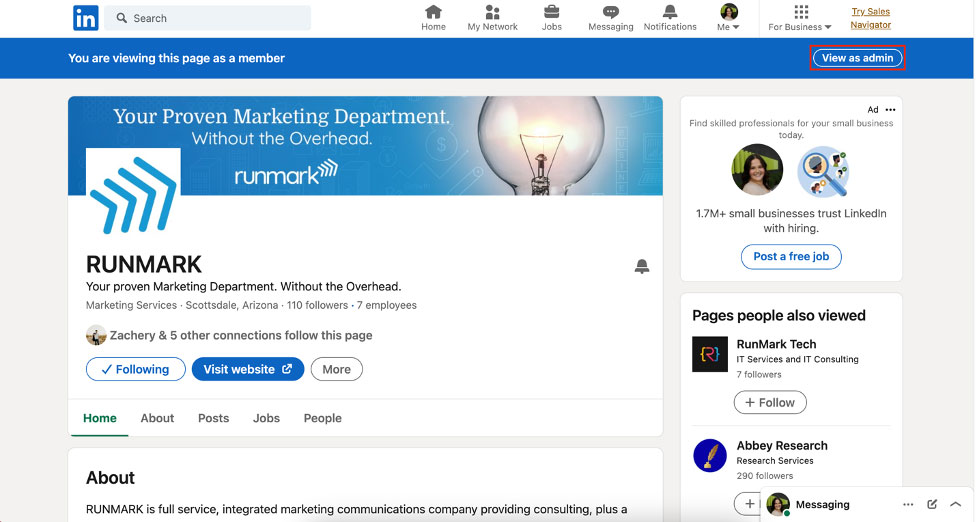In a recent American Marketing Association webinar, the spotlight was on creating a robust and impactful operational marketing plan for the upcoming year.

What is an Operational Marketing Plan?
An operational marketing plan is a detailed document that outlines the specific actions and tactics that an organization will implement to achieve its marketing objectives within a defined time frame.
Unlike a strategic marketing plan, which focuses on long-term goals and overall marketing direction, an operational marketing plan drills down into the day-to-day activities and campaigns that will be executed to support the broader marketing strategy.
With statistics revealing that only 17% of organizations possess fully documented marketing strategies, crafting your comprehensive operational marketing helps you stand out internally and compared to your competition.
Why an Operational Marketing Plan Matters
Businesses today grapple with common challenges limited visibility, weak decision-making, wasted budget, and a lack of agility in replanning. Addressing these issues requires an operational marketing plan. Such a plan not only offers complete marketing visibility but also fosters team collaboration, optimizes budget allocation, aids informed decision-making, and, crucially, aligns with organizational goals.
Adapting Your Planning Approach To Your Team’s Dynamic
Inspired by the wisdom of “United We Stand, Divided We Fall” attributed to John Dickinson, the webinar introduced three planning approaches based on team maturity:
- Read and React: This approach offers a concise and streamlined plan designed for senior-level involvement. It encapsulates clear goals, well-defined strategies, and a robust campaign framework. Ideal for teams seeking an efficient and focused strategy, this method aligns seamlessly with senior leadership’s engagement.
- Time Increments: For a more detailed and adaptable planning horizon, consider the Time Increments approach. This method spans a 3-6 month timeline, facilitating ongoing evaluation and allowing for adaptive adjustments. It suits teams aiming for a balance between strategic depth and the agility to respond effectively to evolving circumstances.
- Attack: Geared toward comprehensive annual planning, the Attack approach involves detailed campaigns and is preferable for long-term planning. This method provides a thorough and exhaustive strategy, allowing teams to delve into intricacies and plan for the long term. It is well-suited for organizations seeking a comprehensive and in-depth approach to their annual marketing strategy.
Crafting Your Operational Marketing Plan–20 Crucial Elements
Outlined were 20 indispensable elements, ranging from market research and analysis to defining team structures, budget allocation, and measuring success. These pillars form the bedrock of a robust marketing strategy:
- Conduct market research and analysis
- Conduct situational analysis
- Determine company goals
- Determine marketing goals
- Define marketing strategies
- Develop campaigns
- Determine marketing channels
- Identify target audiences
- Prioritize positioning and messaging
- Build a brand strategy
- Define products and services
- Determine pricing
- Define sales channel strategy
- Plan marketing activity timeline
- Define team structure, growth, and responsibilities
- Identify technology stack
- Allocate your budget
- Conduct experimental marketing and testing
- Measure success
- Understand assumptions, dependencies, and risks to success
RUNMARK’s Tailored Marketing Strategy Services
As you gear up for the challenges and opportunities of 2024, RUNMARK stands as your dedicated partner in realizing your marketing aspirations. Our suite of services is tailored to assist you at every stage of this comprehensive planning process. We specialize in:
- Strategic Guidance: Defining marketing strategies aligned precisely with your company’s overarching goals.
- Comprehensive Planning: Crafting a meticulous roadmap encompassing the 20 vital elements discussed, ensuring no facet is overlooked.
- Holistic Support: From market research to budget allocation and team structuring to assessing success metrics, we cover it all.





